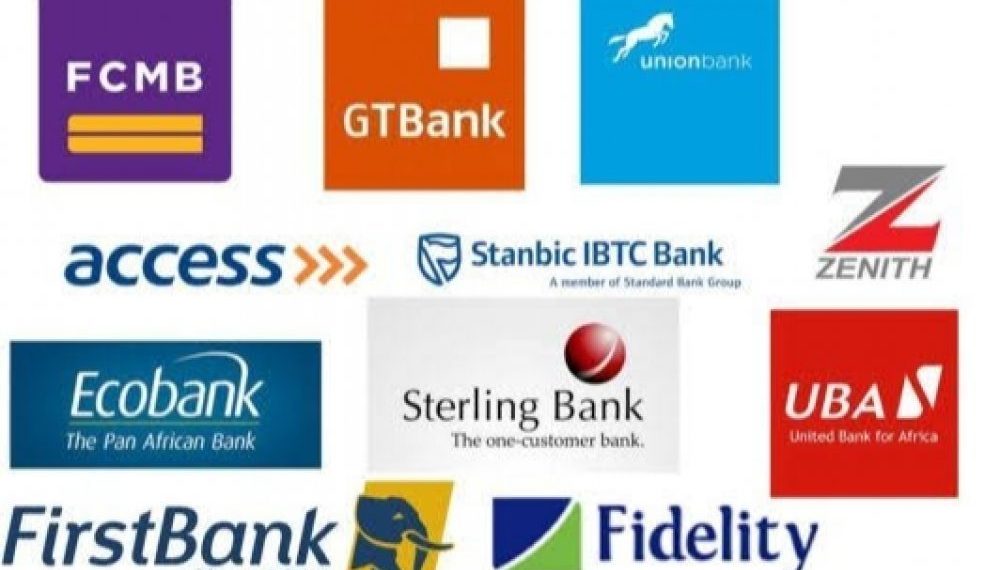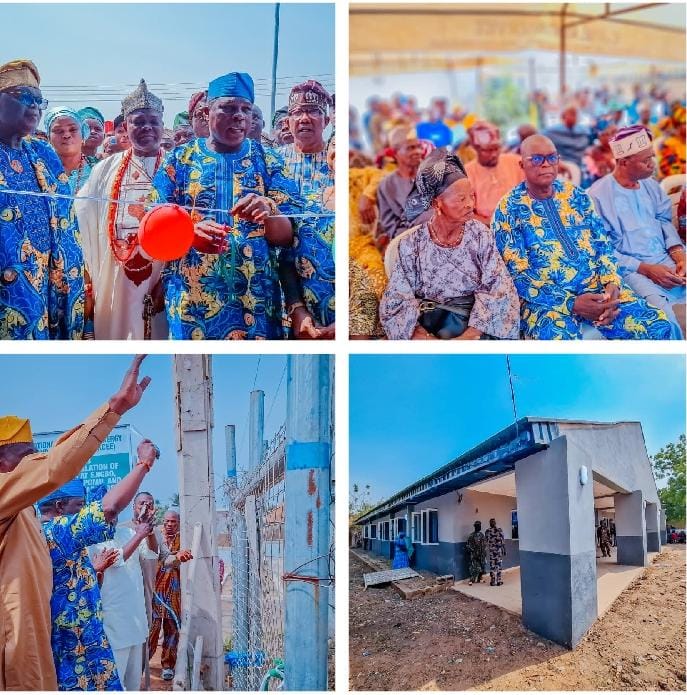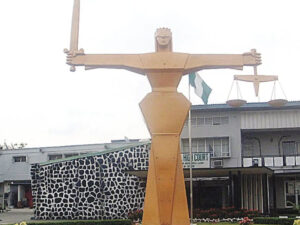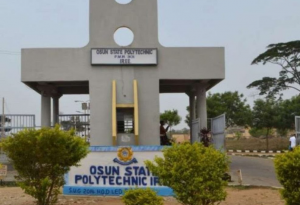Undersea Cable Cut: Banks Scale Down Operations
The service disruption caused by Thursday’s cuts to the undersea cable supplying broadband Internet connectivity to Nigeria and countries in the West African sub-region, on Friday, forced many banks and other financial institutions, as well as telecom companies and allied firms to scale down their operations.
Customers of the financial institutions and telcos were also left frustrated as they could not carry out major transactions.
Saturday PUNCH gathered that telecom engineers had been dispatched to the points of the cuts between Senegal and Cote D’Ivoire to quickly fix the fibre optic cables coming from Europe and restore services.
On Thursday morning, Internet outage was first reported in Ghana with the National Communications Authority issuing a statement that indicated that the outage was caused by “multiple undersea cable disruptions and affected mobile and fixed data services nationwide.
“The disruptions affecting multiple undersea cables responsible for carrying international traffic have occurred in Senegal and Cote D’Ivoire and with some disruptions in Portugal. This has led to a significant degradation of data services across the country.”
By afternoon, the undersea cable cuts had affected telecom services in other African countries, including Nigeria, slowing banking and other services run on Internet connectivity.
The Nigerian Communications Commission in a statement by the Director, Public Affairs, Reuben Muoka, confirmed that the undersea cable cuts disrupted data and voice services along the African West Coast.
The NCC stated, “A combination of cable cuts, resulting in equipment faults on the major undersea cables along the West African Coast, have negatively impacted data and fixed telecom services in several countries of West Africa, including Nigeria, Ghana, Senegal, and Cote d’Ivoire, among others,” adding that the cuts occurred somewhere in Cote d’Ivoire and Senegal, with an attendant disruption in Portugal.
It added, “Cable companies – West African Cable System and African Coast to Europe in the West Coast route from Europe – have experienced faults, while SAT3 and MainOne have downtime.
“Similar undersea cables providing traffic from Europe to the East Coast of Africa, like Seacom, Europe India Gateway (EIG), Asia-Africa-Europe 1 (AAE1), are said to have been cut at some point around the Red Sea, resulting in degradation of services across on these routes. In Nigeria and other West African countries, Internet access and speed have experienced disruptions in the six networks of service providers in the affected countries.”
The commission, however, said the operators of the affected cables had commenced repairs and services were gradually being restored.
“They have promised to work round the clock to ensure that services are restored to the affected countries within the shortest possible time. It is important to bring this information to the knowledge of corporate and individual consumers on these services,” NCC said in its statement.
MainOne, a key Internet provider for Nigerian banks, suffered a significant fibre cut leading to outages that has left some Nigerian banks offline, preventing customers from accessing banking apps or using USSD services.
Banks count losses
Some bank officials told Saturday PUNCH that the financial losses resulting from the disruption caused by the undersea cable cuts were huge though not yet quantified.
Spokespersons for different banks said the disruption caused to telecom services by the undersea cable cuts had a significant impact on their operations.
The spokesman for a Pan-African bank, who spoke on condition of anonymity said, “All the systems are down but there seems to be some improvements today (Friday) compared to yesterday (Thursday).
“We hear that the telecom operators have resorted to their backup system to back up critical services. Our systems are up but slow. The financial risk is so huge; money is being lost and we don’t even know how much it will be until when services are fully restored.”
The spokesman added that this development required that stakeholders and governments on the African continent take a critical look at the tech infrastructure in Africa and chart a new way forward.
The Head of Corporate Communications at Unity Bank, Matthew Obiazikwor, said the bank had reached out to customers to inform them about the disruption and alternative channels that they could use to carry out their transactions.
“What we are trying to do now is keep our customers informed about what’s going on and tell them to make use of alternative channels. They can do their transfers on our ATM points. The network supports only minimal services now,” he said.
A banker at Guaranty Trust Bank, who also spoke on condition of anonymity as he is not the official spokesperson, said that the fluctuations affected the bank at intervals.
“A lot of transactions are affected by this disruption,” he lamented.
At a Keystone Bank branch in Garki area of Abuja, customers were urged to hurry up with their transactions as security personnel warned of potential network disruptions.
However, a Keystone Bank official admitted that the problem stemmed from internal bank systems rather than external network providers.
Despite assurances of the bank mobile app’s functionality, some customers encountered obstacles while conducting transactions on it.
In contrast, a banker at Access Bank reassured customers of the resilience of the network infrastructure, explaining that every bank had its service provider and highlighted the importance of having backup systems in place to swiftly address any issues and ensure uninterrupted services.
“Every bank has its service provider. My bank’s network is doing fine. We always have a backup network provider. Once one has an issue, we switch to the next one. So far, we have not suffered any network issues,” the banker noted.
At the UBA in Ibafo, Ogun State, one of our correspondents observed that many customers were stranded at the Automated Teller Machine gallery as only one of the seven points dispensed and soon ran out of cash. Frustrated customers waiting to be allowed into the banking hall spilled over from the canopy provided and complained of the scorching sun.
At an Ecobank branch in the Abule Egba area of Lagos, one of our correspondents, who managed to get into the banking hall, was able to withdraw N10,000 over the counter instead of the N150,000 he requested.
Frustrated subscribers, customers
Telecom subscribers and bank customers, on Friday, continued to encounter difficulties accessing essential services, including making phone calls, sending messages, and conducting online banking transactions.
Visits by Saturday PUNCH to banks in Lagos and Ogun states, as well as the Federal Capital Territory, revealed that the disruption slowed banking operations leading to frustrated customers.
A bank customer, Greatness Urrah, recounted a day of frustration and helplessness due to the service disruption.
He lamented being unable to send or receive funds from multiple banks, including Wema Bank and Zenith Bank, adding that this hampered his business operations and made him unable to purchase essential supplies, including fuel.
Urrah stated, “Yesterday (Thursday) was an absolute nightmare. From the moment I woke up until I went to bed, I couldn’t send or receive funds from my Wema Bank and Zenith Bank accounts.
“It felt like I was stranded in a financial desert, as I was unable to access the resources I needed to keep my business running smoothly. I couldn’t purchase fuel or raw materials essential for my operations. What made it worse was that every single one of my commercial banks seemed to be malfunctioning. It was as if the entire banking system ground to a halt.”
Some relief came his way on Friday morning. He said, “It wasn’t until this morning (Friday) that I finally managed to regain some level of functionality. As soon as I could, I transferred all my funds to my fintech app, and thankfully, it’s been a better replacement. Being able to use the app has breathed new life into my business operations, allowing me to start making up for lost time. But yesterday’s ordeal served as a stark reminder of the importance of having backup plans in place and remaining adaptable in the face of unforeseen banking challenges.”
However, a Zenith Bank official, Suleiman Zakan, claimed that the bank did not record any network challenges.
Saturday PUNCH















Post Comment